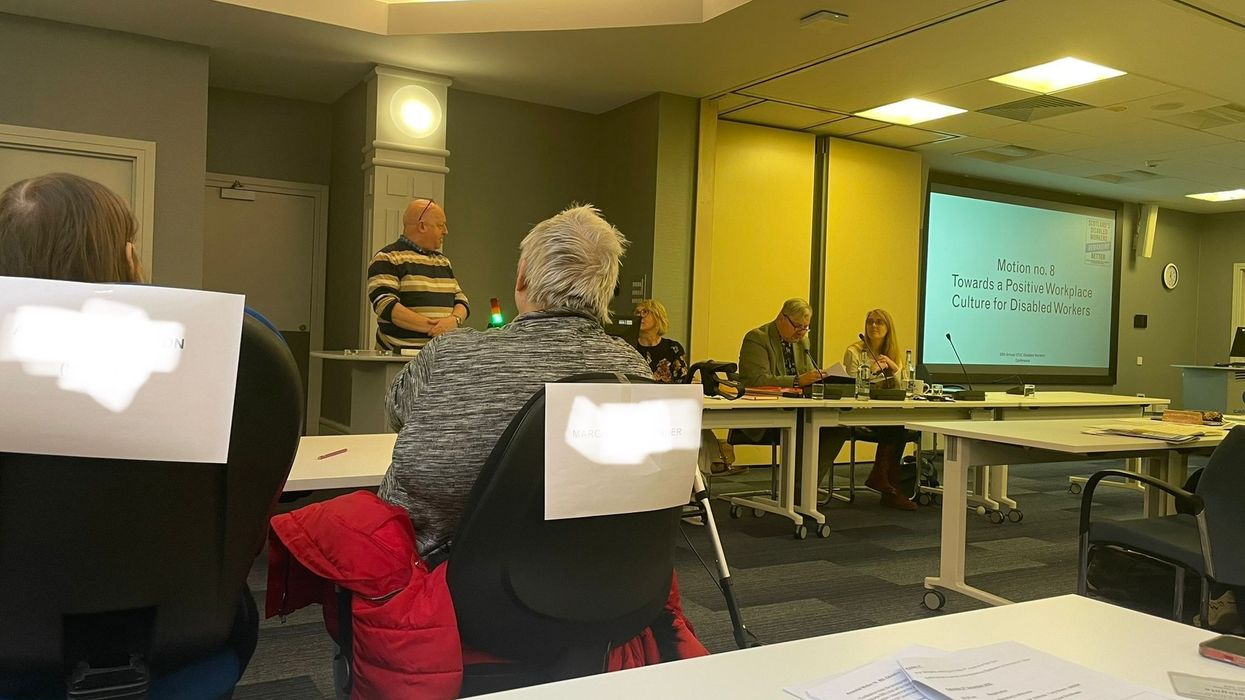This long wait for ADHD treatment is having a devastating impact on patients and placing pharmacists dealing with the backlash.
Many countries around the world, including the UK, the US and Australia, are currently experiencing shortages of medications for the treatment of attention deficit hyperactivity disorder (ADHD).
Not only national supply shortage of ADHD drugs is impacting patients in Scotland, but it is also putting pharmacists at risk when dealing with the backlash.
On behalf of the Pharmacists' Defence Association (PDA), members of the PDA Ability Network seconded an emergency motion to address this issue at the Scottish Trades Union Congress (STUC) Disabled Workers' Conference held earlier this month.
The conference calls on the STUC Disabled Workers’ Committee to campaign on the issue, lobby the Scottish government to launch an urgent review, and support workers on the frontline.
The PDA Ability Network, which was formed in 2020, examines healthcare issues for disabled pharmacists, contributes to debate within the sector, and raises awareness and campaigns around issues impacting disabled pharmacists.
Maurice Hickey and Susan MacKinnon represented both the network and the PDA at the conference held on 2-3 December 2023 in Glasgow, speaking on behalf of disabled pharmacists.
Maurice, who is also the PDA Head of Policy for Scotland, said: “Pharmacists understand the long wait for treatment and the current restrictions on the supply of ADHD medicines are leading to anxiety, the reoccurrence of symptoms, and forcing patients and carers to travel great distances to seek a pharmacy with stock.
“The PDA and Unite the Union both believe this is a situation that cannot and should not be allowed to continue. The failure of NHS Scotland in 2023 to provide treatment to disabled patients who have waited a long time for an appointment and diagnosis is a manifest and shameful dereliction of duty.”
STUC President, Mike Arnott with PDA Representative and Ability Network member, Susan MacKinnon
Emergency motion on ADHD medication shortages in Scotland reads:
“That this conference is extremely alarmed about recent reports, including the ADHD UK survey published November 2023, on the national shortage of ADHD medication including in Scotland. This is having a devastating impact on patients and placing workers on the front line dealing with the backlash.
“Conference notes that recent reports confirm that our NHS staff are being told to not prescribe any of the vital medication to those newly diagnosed with this neurodiverse condition and this is off the back of a seven-fold increase in Scots being treated for ADHD in a decade.
“Scottish Government has warned that shortages are due to manufacturing issues and global demand and that it is hoped this will be resolved by the end of December. This agonising wait is leading to anxiety, reoccurrence of symptoms and patients travelling great distances to seek alternative pharmacies to check for stock. This cannot go on.
“Conference calls on the STUC Disabled Workers committee to:
- Work with affiliates to highlight and campaign on this issue;
- Lobby the Scottish Government to launch an urgent review;
- Encourage affiliates to support workers on the front line.”














